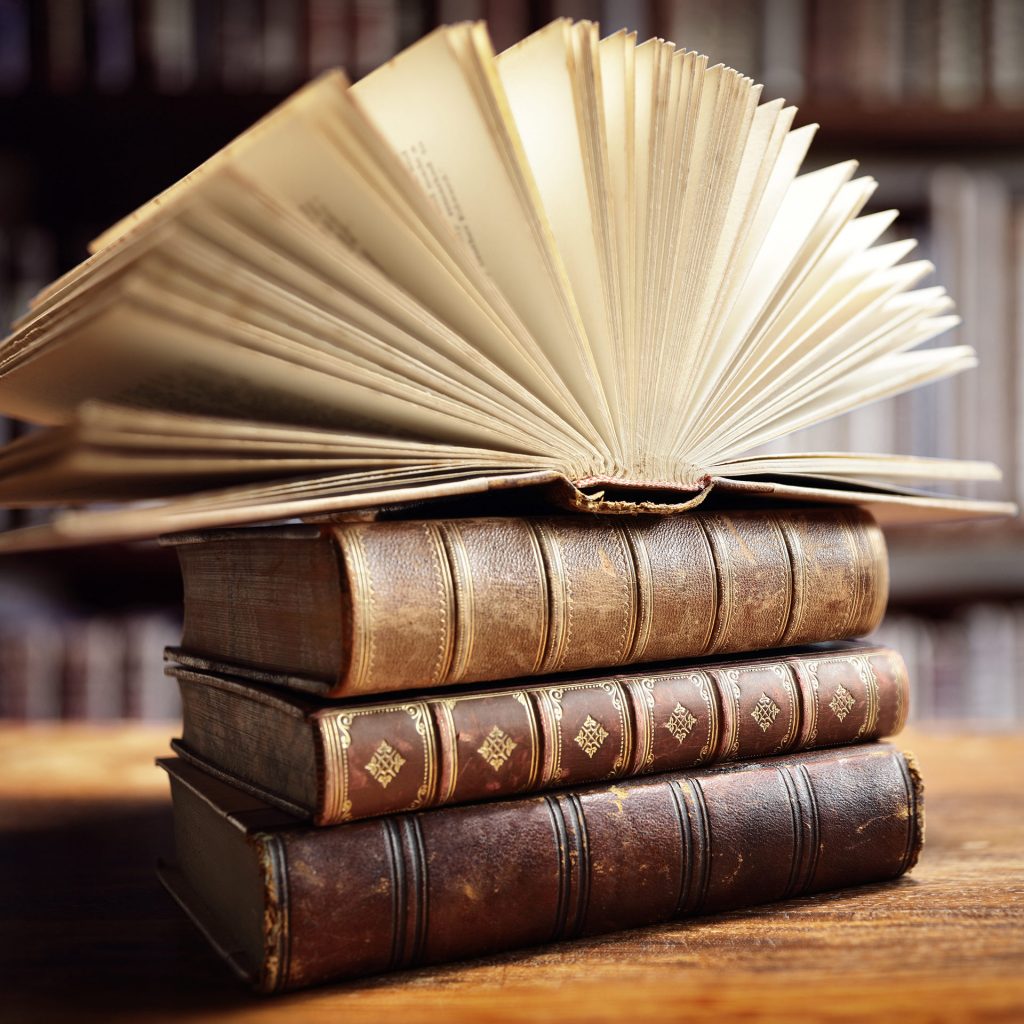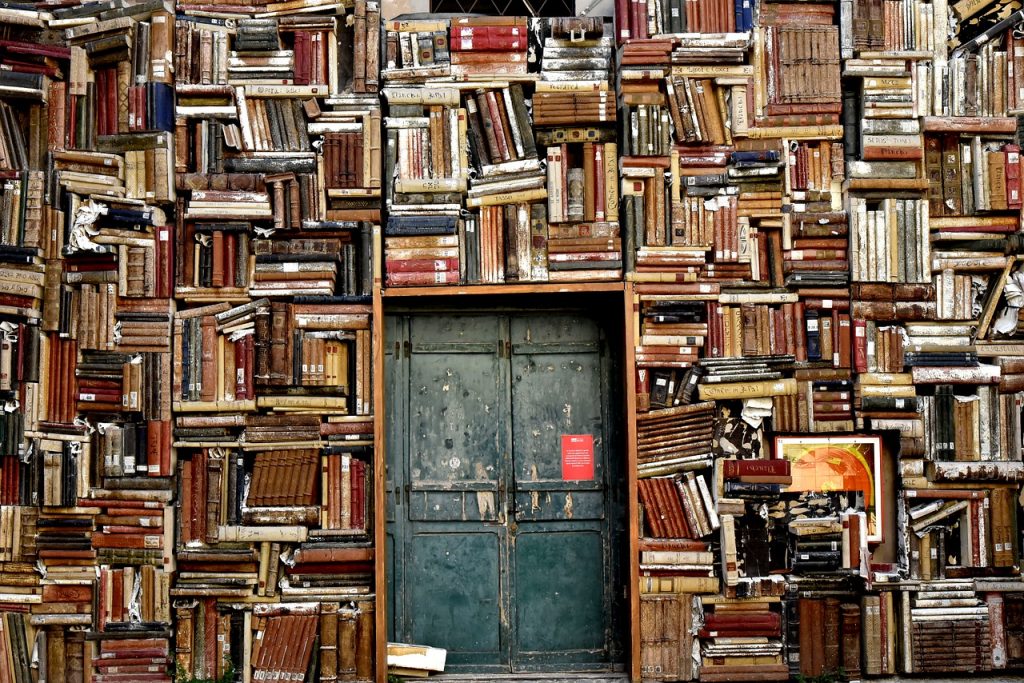The nation reads books as one would breathe air, to fill up and live
Literature has been an important part of the Slovenian culture and history for centuries back.
It spans across all literary genres with historically the Slovene historical fiction as the most widespread Slovene fiction genre. Until the country gained sovereignty in 1991, it was the Slovenian literature and Slovenian language that united the nation. Instead of the generals, it is the novelists and the poets of Slovenian history that are celebrated in the country. As a nation with two million people, which until 1991 has been a part of a larger and more powerful multilingual and cultural entities, in order to understand their literature, one has to become familiar with the fears and preoccupations, as it revolves around identity, pride, and resistance.

Literature means different things to different people. For past generations of Slovenians, many of the books provided support, and meaning to the peoples growing minds and bodies during a time of difficult international relations and censorship. These novels were as essential to them as food. To the current generation of curious, traveling, computer-literate Slovenians, and of course to foreign readers as well, these same books are not a necessity anymore as Slovenian works have flowered into purer emotions and words, as mere art.
“An interesting fact is that a verse from one of Preseren’s poems A Toast, was chosen for the lyrics in the Slovenian National Anthem after the country declared independence in 1991”
Now we will take a look at the most interesting and famous Slovenian literature pieces which have become the nation’s classics. In 1976 Ivan Cankar, one of the country’s most prominent novelists, wrote The Ward of Our Lady of Mercy. Within this extraordinary piece of work lays great empathy with the country’s masses, as he portrays lives of unfortunate people of lower and middle classes. He describes the life of young girls living in a hospital for the terminally ill. Believe it or not this mega talented writer is Slovenia’s most translated author, with over 305 translations of his numerous literary works!
Another interesting character in Slovenia’s literature book is Goran Vojnovic. Besides writing three bestselling novels in the country, he additionally is a director, screenwriter, and journalist. In his famous book Cefurji Raus (Southerners go Home), Vojnovic portrays a life of a boy who is an immigrant from Bosnia. Shortly after 2008, it became an instant best seller and has already been translated into five languages. Definitely a must read!

When it comes to literature one must never forget the importance of poetry. France Preseren was one of the greatest poets in Slovenia as his work influenced the further development of Slovenian poetry. The book Poems, is Preseren’s best work selection, first published in 1846. Most of his writing was inspired by his unconditional love to Julia Primc. An interesting fact is that a verse from one of Preseren’s poems A Toast, was chosen for the lyrics in the Slovenian National Anthem after the country declared independence in 1991.
“Instead of the generals, it is the novelists and the poets of Slovenian history that are celebrated in the country”
Lastly, lets take a look at a more recent author. Drago Jancar is one of the most read Slovenian writers of the 20th century. An interesting fact about his life is that he spent time in jail for his anti-regime activities in former Yugoslavia. Fortunately, this is where he took most of his inspirations from, as many of his books are filled with reflections of repressive institutions, true stories, and the conflicts of the chaotic Yugoslav war. His most popular novel the Galley Slave, tells a story about a man’s journey from Germany to Slovenia’s land. The character’s interests in unusual things and his curious personality and intellectual views cause him a lot of troubles on his journey and at one point, nearly his life.
Literature played a vital role in the Slovene language and culture. Being rich with history, it spans across all literary genres. Novels, poetry, drama, and narrative prose all kept the Slovene language and culture alive, allowing the Slovenes to become a real and powerful nation, even in the absence of masculine attributes such as political power and authority.